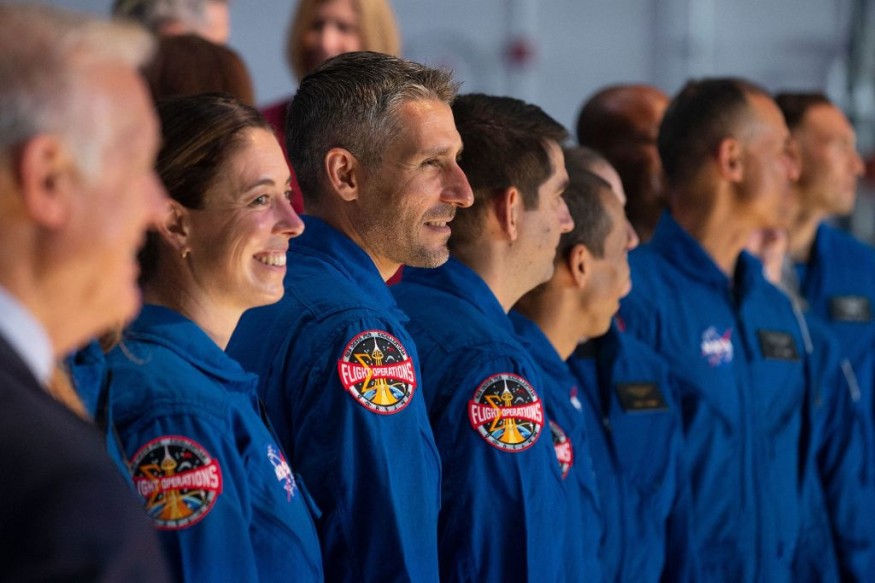NASA announced the start of a new astronaut candidate class on Monday.
According to the space agency, the candidates will begin a two-year training program in January as they prepare to walk on the moon or conduct research on the International Space Station.
"Today, we welcome 10 new explorers, 10 members of the Artemis generation," Bill Nelson, the NASA administrator, said per The New York Times.
Members of NASA's most recent class of candidates were inducted in 2017, The Hill said. The New York Times added, two class members are presently working aboard the International Space Station.
NASA Names 10 New Astronaut Candidates
According to Space.com, the 10 new potential astronauts will begin two years of basic yet extensive spaceflight training. That is part of the agency's stringent entry standards.
Since the initial Mercury Seven crew was chosen in 1959, the new NASA astronaut candidates are the agency's 23rd cohort. Among others in the group were legends like Alan Shepard, John Glenn, and Gus Grissom, to mention a few.
A medical physicist, drilling specialist, marine roboticist, NASA-turned-SpaceX flight surgeon, and bioengineer who was a champion cyclist are among the astronaut hopefuls, Phys.org said. Combat and test pilots will join them, too. Two astronauts from the United Arab Emirates will also undergo training.

The following are NASA's next rookie astronauts, according to NPR:
- Jessica Wittner - U.S. Navy lieutenant commander and test pilot;
- Christopher Williams - physicist;
- Anil Menon - SpaceX medical director;
- Jack Hathaway - U.S. Navy commander;
- Andre Douglas - U.S. Coast Guard Academy graduate with several advanced engineering degrees;
- Luke Delaney - U.S. Marine Corps retired major;
- Deniz Burnham - U.S. Navy lieutenant;
- Christina Birch - U.S. national team track cyclist;
- Marcos Berríos - U.S. Air Force major; and
- Nichole Ayers - U.S. Air Force major.
The 10 finalists were chosen from a pool of more than 12,000 applications. It was part of a longer-than-usual recruitment procedure that began in March of last year but was put on hold due to the outbreak.
The astronauts will be eligible for various jobs after finishing their two-year training.
Experiments aboard the International Space Station, the establishment of so-called "commercial outposts" in low Earth orbit, and even journeys to deep space utilizing the Orion spacecraft and the SLS (Space Launch System) rocket are all possibilities.
How to Qualify As Astronaut for Artemis Mission
NASA is now working on the Artemis lunar mission, which will return people to the moon by 2024, 52 years after Apollo 17's last landing. And, given the ISS's recent problems, it will be necessary to replace the world's most iconic space station at some point.
According to The Verge, candidates must be U.S. citizens and hold a master's degree in a STEM-related discipline from an authorized university to be considered for a NASA astronaut position. In addition, candidates must have a minimum of 1,000 hours of jet aircraft piloting experience or three years of experience in a STEM-related profession. After meeting all of the prerequisites, candidates must pass a NASA physical examination before being considered.
RELATED ARTICLE : NASA Says First Crewed Artemis Moon Landing Delayed Until 2025
Check out more news and information on Space in Science Times.
© 2026 ScienceTimes.com All rights reserved. Do not reproduce without permission. The window to the world of Science Times.










